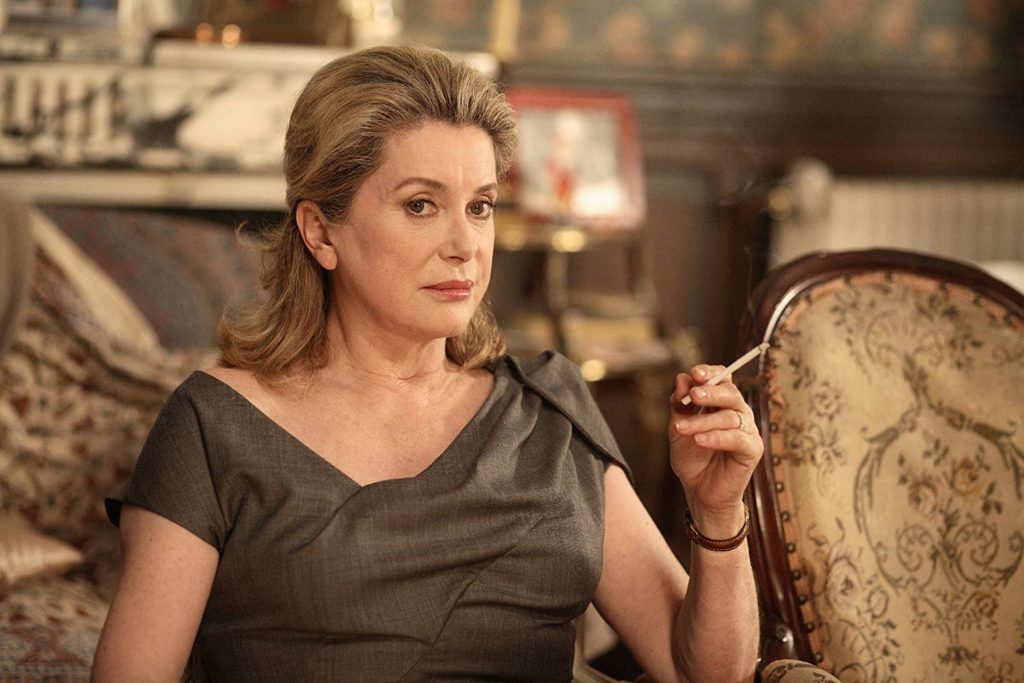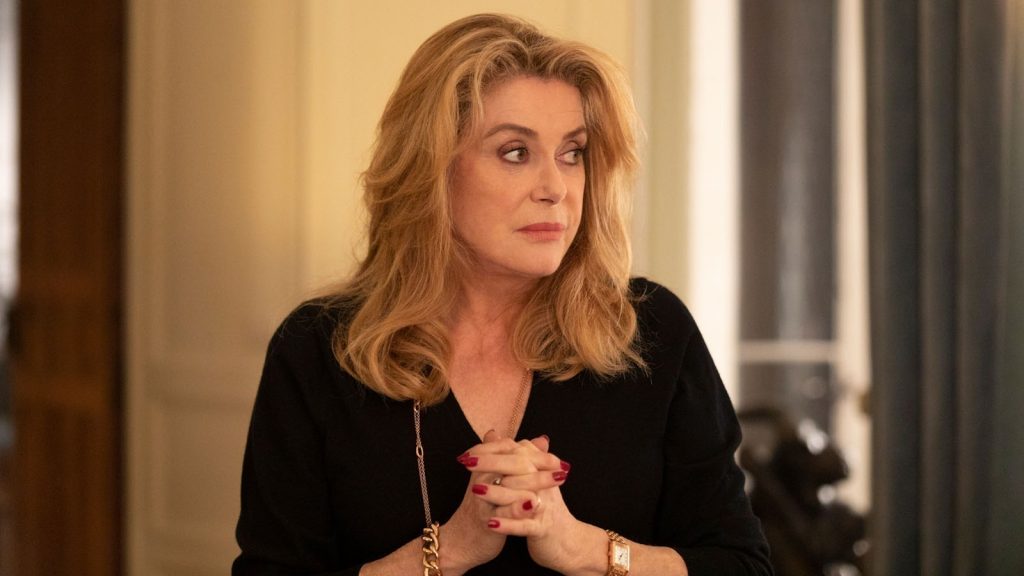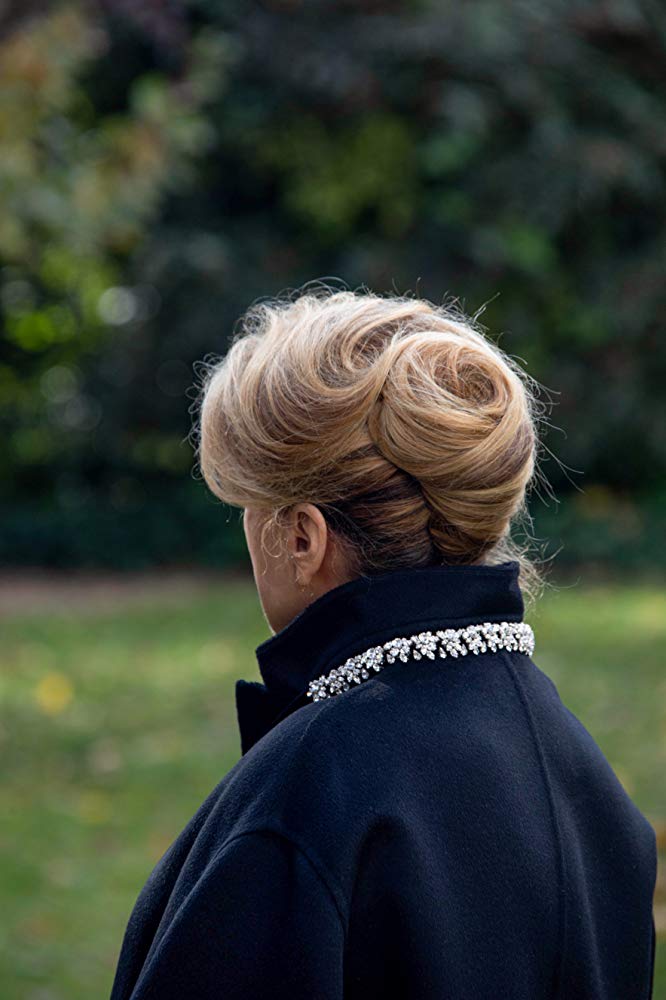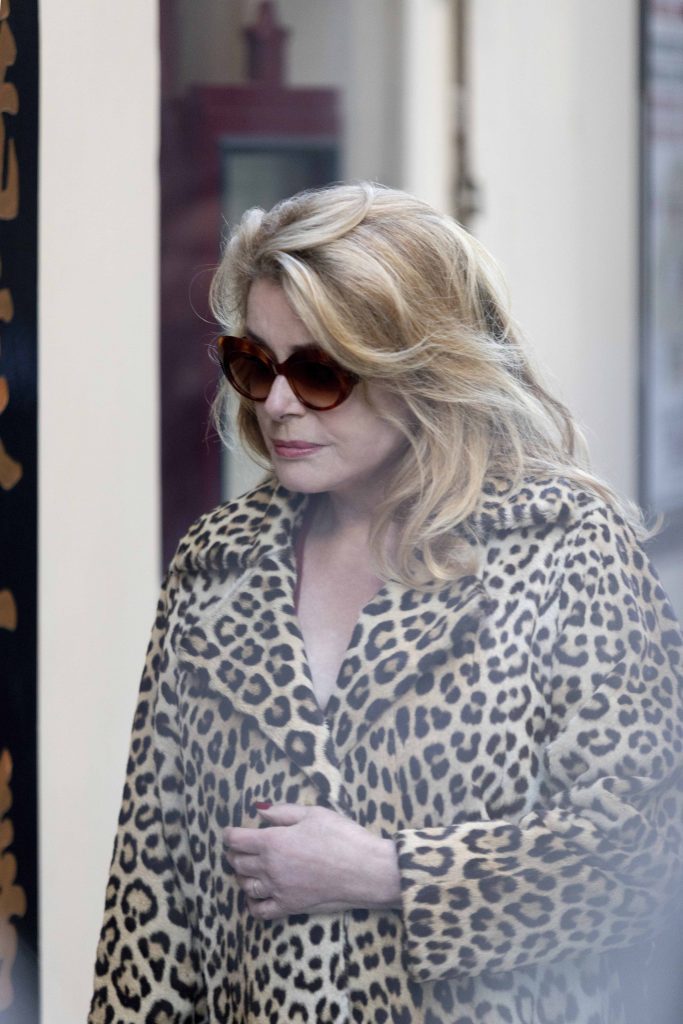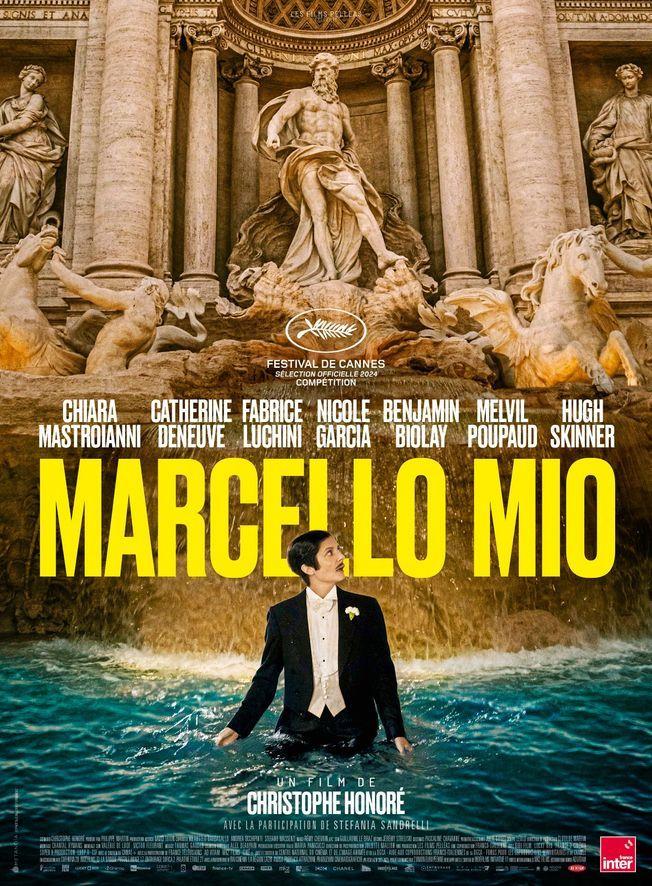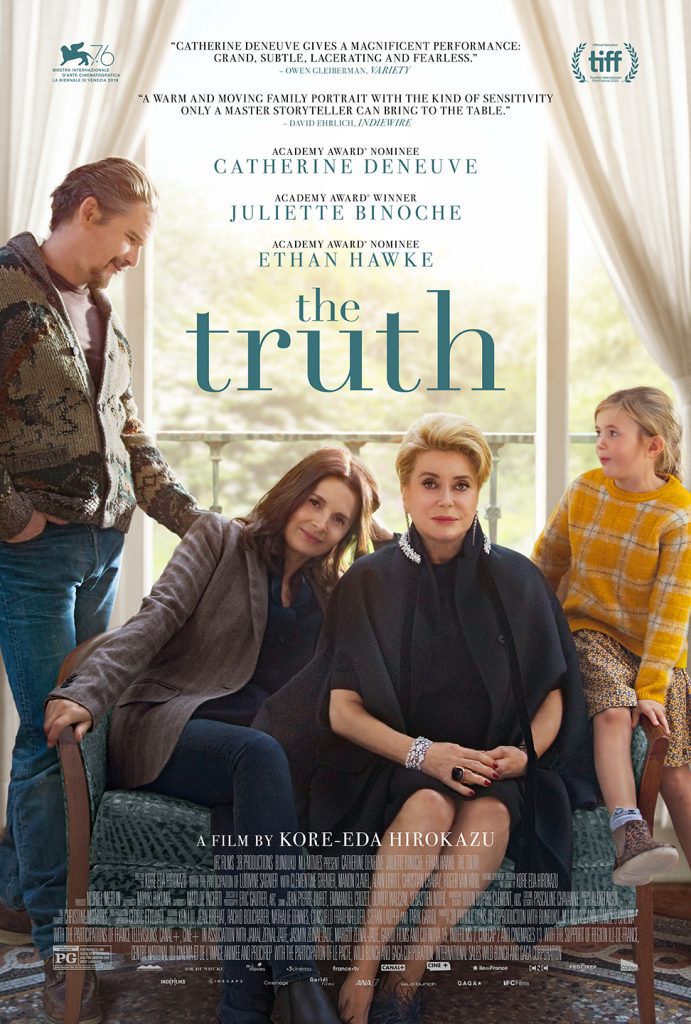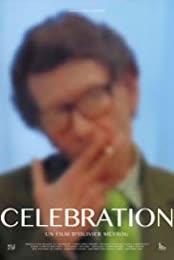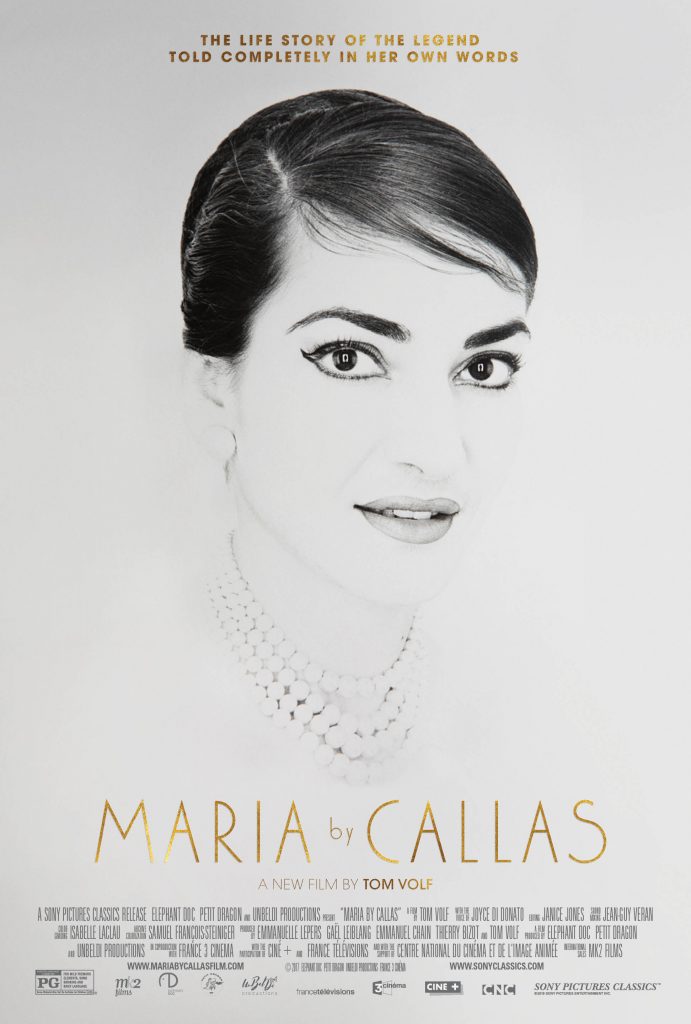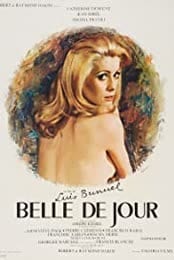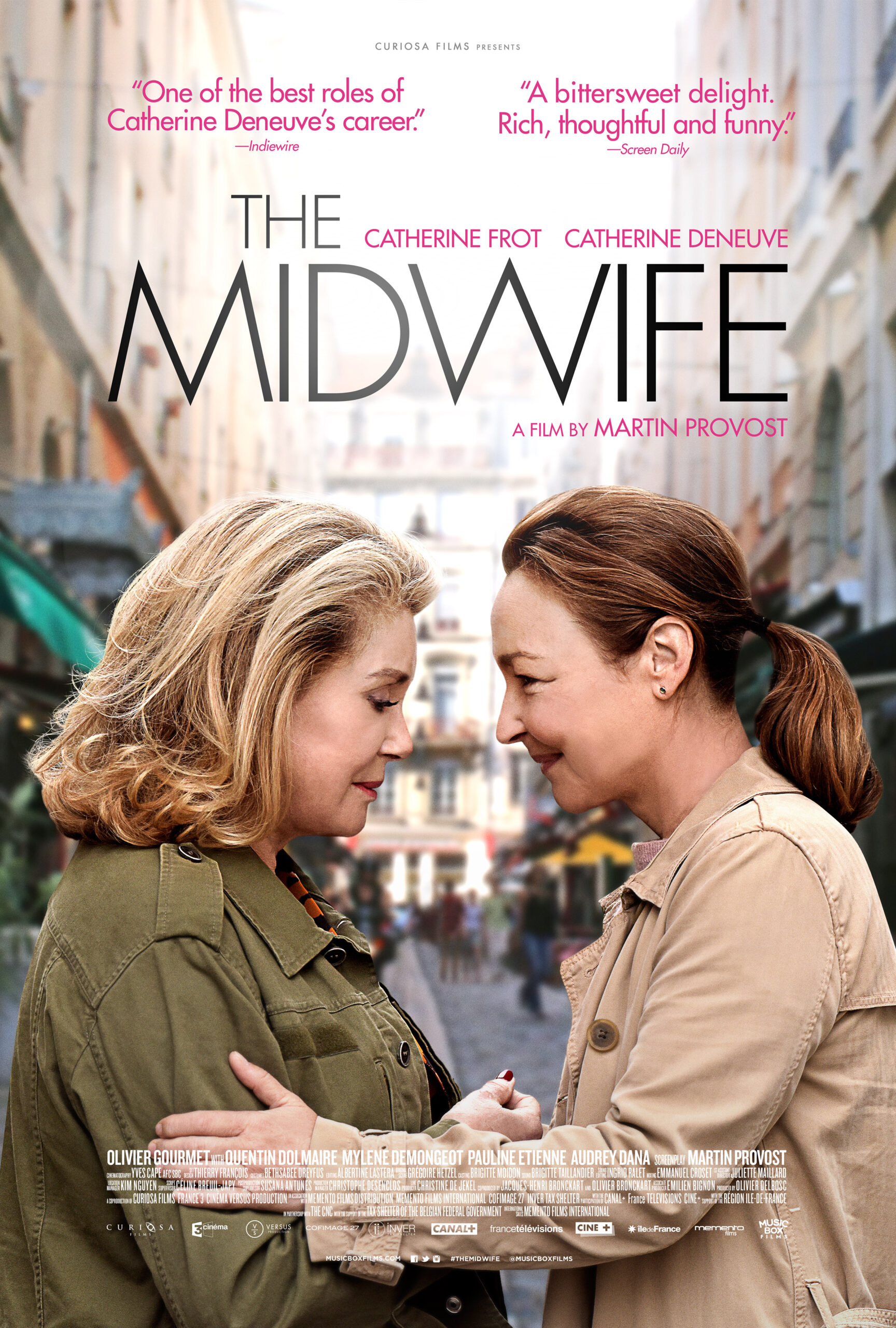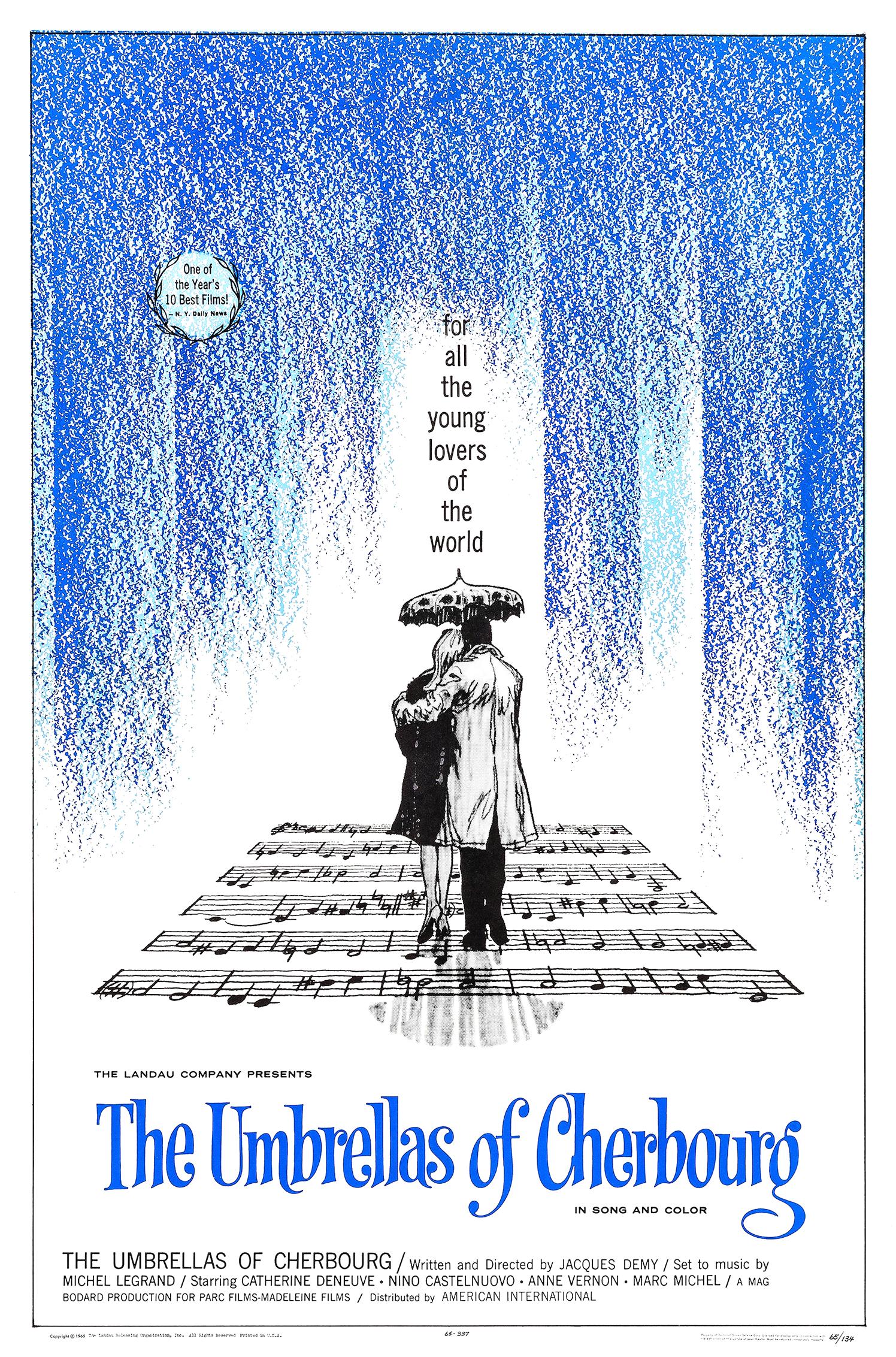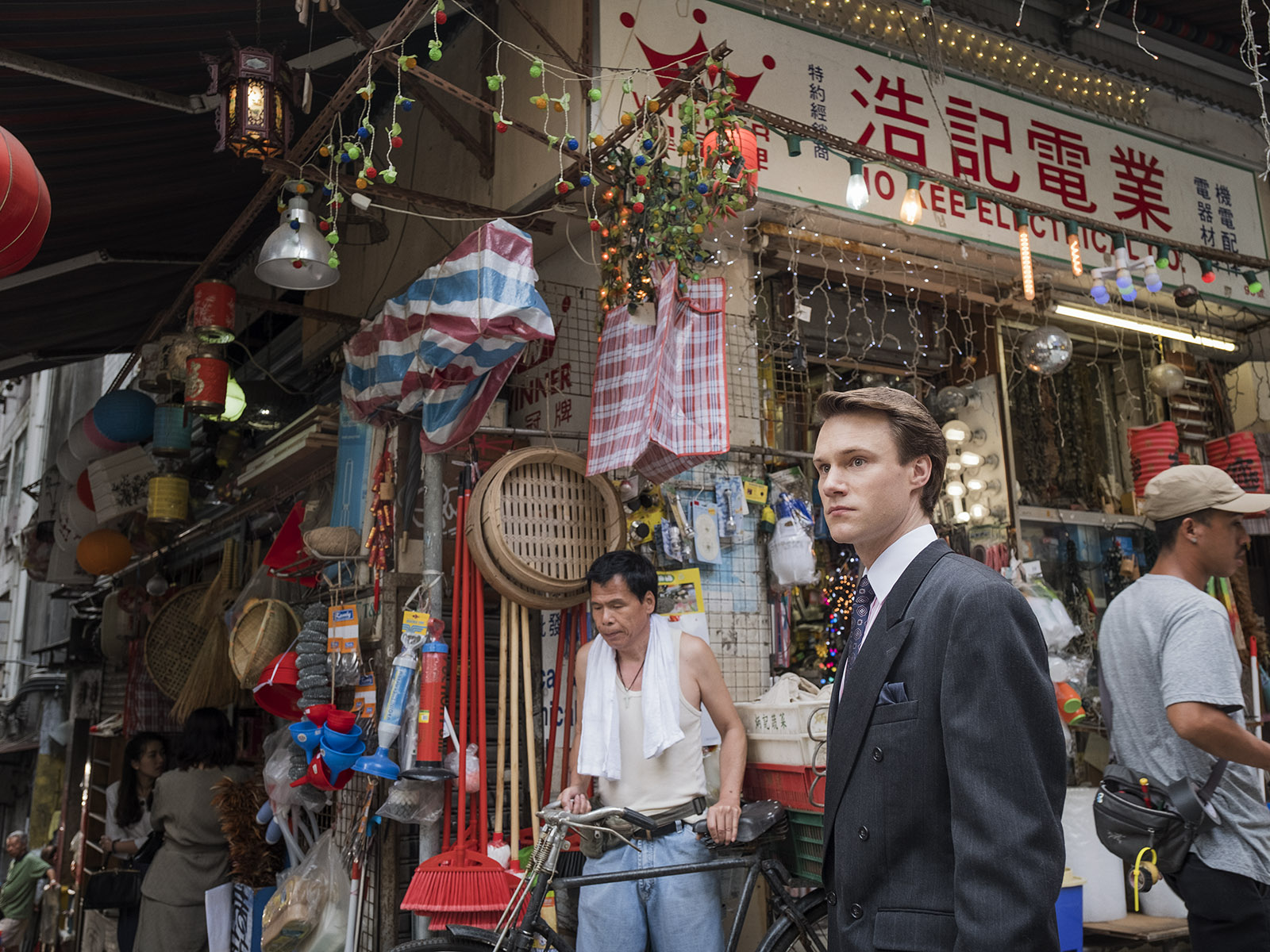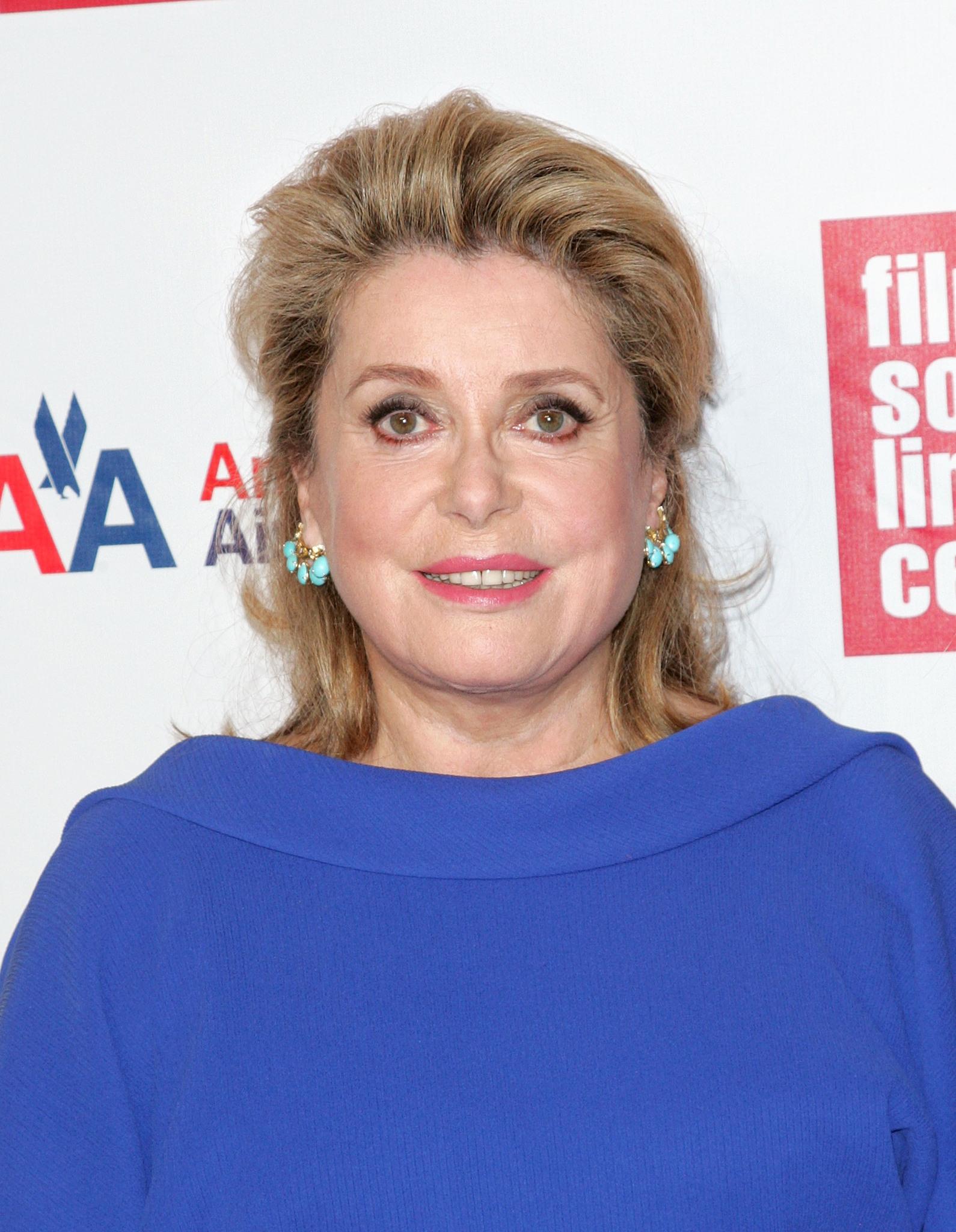
Catherine Deneuve
Birthdate: Oct 22, 1943
Birthplace: Paris, France
Catherine Deneuve (birthname: Catherine Fabienne Dorléac) is one of the legendary film actors of the post-war era and the iconic face of French and European glamour on screen. Active as an actor for an incredible eight decades (and still going strong), Deneuve has worked with a great array of major filmmakers across multiple generations and gained universal respect as gauged by the fact that she has received 16 career achievement awards, including the Career Golden Lion from the 2022 edition of the Venice Film Festival.
Her first screen credit may have been her birthname, as Catherine Dorléac, in Les Collégiennes (1957), but it launched Catherine Deneuve’s remarkable career. Her first major film role was as the co-star in Jacques Demy’s beloved musical, The Umbrellas of Cherbourg (1964), with Anne Vernon, and Nino Castelnuovo, and winner of Cannes’ Palme d’Or and was nominated for five Oscars. That same year, Deneuve was cast in Claude Chabrol’s segment of the omnibus film, The World’s Most Beautiful Swindlers (1964) (with co-directors Jean-Luc Godard and Roman Polanski, among others).
Deneuve joined Polanski for her breakthrough role in the intense psychological thriller and her first English-language film, Repulsion (1965), winning a Silver Bear at the Berlin Film Festival as well as a best actress nomination from the New York Film Critics Circle. Catherine Deneuve began to work with world-class filmmakers, including Marcel Camus (1965’s Le Chant du monde), Jean-Paul Rappeneau (1966’s A Matter of Resistance), Agnes Varda (Les Créatures in 1966, with Michel Piccoli), and then reunited with Demy for his hit musical follow-up, The Young Girls of Rochefort (1967), with George Chakiris, her sister Françoise Dorléac, and Piccoli, and earning an Oscar nomination for best original score. 1967 also marked a great international triumph for Deneuve, delivering one of her finest screen performances in one of the great filmmaker Luis Bunuel’s masterworks, Belle de Jour, with Piccoli and Pierre Clementi, winning Venice Film Festival’s Golden Lion.
Catherine Deneuve’s first film with one of the key founders of the French New Wave, Francois Truffaut, was Mississippi Mermaid (1969), based on Cornell Woolrich’s 1947 crime novel, Waltz into Darkness, co-starring Jean-Paul Belmondo. In 1970, with Deneuve’s international stardom reaching its zenith, she reunited with two of her favorite directors—Demy, with the fantasy film, Donkey Skin, with Jean Marais, Jacques Perrin, and Delphine Seyrig; and Bunuel, with the remarkable surrealist drama, Tristana, with Fernando Rey and Franco Nero, and Oscar-nominated for best foreign-language film. In the 1970s, Catherine Deneuve collaborated with a handful of major filmmakers repeatedly times, including Marco Ferreri (Liza in 1972, Don’t Touch the White Woman! in 1974), once again with, and Claude Lelouch (If I Had to Do It All Over Again in 1976, Us Two in 1979).
She also reunited during this period with Demy (A Slightly Pregnant Man in 1973) and Rappeneau (Lovers Like Us in 1975, for which she was nominated for the Best Actress César), while working for the first time with such renowned veteran directors as Jean-Pierre Melville (his final film, Un flic in 1972, with Alain Delon and Richard Crenna), Mauro Bolognini (The Murri Affair in 1974), Robert Aldrich (Deneuve’s first Hollywood movie, Hustle, in 1975, with Burt Reynolds, Ben Johnson, Paul Winfield, Ernest Borgnine, and Eileen Brennan), Dino Risi (The Forbidden Room in 1977, with Vittorio Gassman), Dick Richards (March or Die in 1977, with Gene Hackman, Terence Hill, Max von Sydow, and Ian Holm), and Yves Robert (Courage fuyons in 1979).
Catherine Deneuve began her fourth decade in the movies with a triumph, her César-winning lead performance in Francois Truffaut’s The Last Metro (1980), with Gerard Depardieu, and Oscar-nominated for best foreign-language film. Deneuve was nominated for another César the following year for André Téchiné’s Hotel America while starring in Claude Berri’s Je vous aime (1980) and Alain Corneau’s Choice of Arms (1981), and reuniting with Corneau in 1984 for Fort Saganne. She gained a new generation of fans as a co-star with David Bowie and Susan Sarandon in Tony Scott’s vampire movie, The Hunger (1983).
Catherine Deneuve joined Liv Ullmann, Philippe Noiret, and Stefania Sandrelli in Mario Monicelli’s Let’s Hope It’s a Girl (1986), winning six David di Donatello awards including Best Picture. Deneuve reunited with Téchiné for Scene of the Crime (1986), with Danielle Darrieux and Victor Lanoux. Deneuve continued to rack up César’s best actress nominations in the 1980s, as with Francois Dupeyron’s A Strange Place to Meet (1988), with Depardieu.
The 1990s is possibly one of Catherine Deneuve’s most interesting decades since it saw her working with some of the most cutting-edge European filmmakers, such as Manoel de Oliveira (The Convent in 1995 with John Malkovich); two masterpieces with Raul Ruiz (the Berlin Golden Bear-winning Genealogies of a Crime in 1997, with Michel Piccoli and Melvil Poupaud; and his Proust adaptation, Time Regained in 1999, with Emmanuelle Beart, Malkovich, and Marie-France Pisier); Agnes Varda (One Hundred and One Nights in 1995, with Michel Piccoli and Marcello Mastroianni); Leos Carax (Sans titre in 1997 and Pola X in 1999, with Guillaume Depardieu ); and Philippe Garrel (Le vent de la nuit in 1999).
Catherine Deneuve also starred during the 1990s in several commercial French productions, including Regis Wargnier’s Indochine (1992), with Vincent Perez and Oscar winner for best foreign language film, as well as Wargnier’s East/West (1999), with Sandrine Bonnaire, Oleg Menshikov, and Sergei Bodrov Jr.; André Téchiné’s My Favorite Season (1993), with Daniel Auteuil, and Téchiné’s Thieves (1996), both of which earning Deneuve yet more César nominations; and Nicole Garcia’s Place Vendôme (1998), with Emmanuelle Seigner and Jacques Dutronc, and earning Deneuve a Volpi Cup (Venice Film Festival) and César nomination for her starring performance. In the first decade of the 21st century (and mostly in her 60s, at an age when her American female counterparts are generally either out of work or retired), Catherine Deneuve acted in a remarkable 26 films. She continued to work with some of Europe’s most creative filmmakers, often more than once.
These included: Lars von Trier’s daring musical starring Bjork, Dancer in the Dark (2000); Manoel de Oliveira’s I’m Going Home (2001), with Michel Piccoli, and Oliveira’s A Talking Picture (2003), with John Malkovich, Irene Papas (in her final film), Stefania Sandrelli, and Leonor Silveira; Francois Ozon’s 8 Women (2002), for which Catherine Deneuve won a Berlin Silver Bear and Best Actress from the European Film Awards; Benoit Jacquot’s Princesse Marie (2004); two lauded films by Arnaud Desplechin—2004’s Kings and Queen, with Emmanuelle Devos and Mathieu Almaric, and 2008’s A Christmas Tale, with Almaric, Devos, Melvil Poupaud, and Chiara Mastroianni; and Marjane Satrape’s animated Persepolis (2007), for which Deneuve did the voice of Satrapi’s mother.
Deneuve made a rare Hollywood appearance in Peter Hyams’ The Musketeer for Universal (2001), with Mena Suvari, Stephen Rea, and Tim Roth. Catherine Deneuve reunited with André Téchiné for Changing Times (2004), with Gerard Depardieu, and for The Girl on the Train (2009), with Emilie Dequenne and Michel Blanc.
Hardly slowing down into her late 60s and 70s, Catherine Deneuve continued to be one of the busiest French film actors with over 20 credits during the decade. She was nominated three times during the decade for the best actress César, for roles in Francois Ozon’s Potiche (2010), with Depardieu and Fabrice Luchini; Emmanuelle Bercot’s On My Way (2013); and Pierre Salvadori’s In the Courtyard (2014), with Gustave Kervern.
After playing one of her many roles as a queen, this time in the hit comedy, Asterix and Obelix: God Save Britannia (2012), Catherine Deneuve reunited with favorite directors Benoit Jacquot (for 2014’s Three Hearts) and André Téchiné (for 2014’s In the Name of My Daughter). Deneuve joined acclaimed Belgian filmmaker Jaco Van Dormael for his Directors Fortnight-premiering The Brand New Testament (2015), with Benoit Poelvoorde and Yolande Moreau. Deneuve’s most recent Best Actress César nomination came for her second film with director Bercot, Standing Tall (2015), co-starring Benoit Magimel.
Deneuve co-starred with Catherine Frot in writer-director Martin Provost’s homewrecker drama, The Midwife (2017), screening out of competition at the 67th Berlin Film Festival. Deneuve completed her busy seventh decade as an actor with The Truth (2019), the first non-Japanese film by Hirokazu Kore-eda, co-starring Juliette Binoche, Ethan Hawke, and Ludivine Sagnier.
Catherine Deneuve reunited for a third film for writer-director Bercot with Peaceful (2021), with an award-winning performance by Benoit Magimel and premiering out of competition at the Cannes Film Festival. Set for 2023, Deneuve co-stars (as the wife of former French President Jacques Chirac) with Denis Podalydes in Lea Domenach’s La tortue. Catherine Deneuve took on her latest English-language production with Marco La Via’s and Hanna Ladoul’s comedy-drama, Funny Birds (date to be announced) with Andrea Riseborough.
Gallery
Personal Details
Paris-born Catherine Deneuve was raised by father-actor Maurice Dorléac and mother-actor Renée-Jeanne Simonot. She is the youngest of three sisters, including actor Françoise Dorléac and Sylvie Dorléac, along with half-sister Danielle Dorléac (who took her stepfather’s last name). Deneuve was educated in Catholic schools at all grade levels.
She was married to photographer David Bailey in 1965, separated in 1967 and divorced in 1972. She has also been in several long-term relationships, including director Roger Vadim (1961-1964), with whom she had a son, Christian; actor Marcello Mastroianni (1970-1974), with whom she had a daughter, actor Chiara Mastroianni; cinematographer Hugh Johnson (1982-1983); and journalist and TV executive Pierre Lescure (1984-1991).
Deneuve has had no long-term relationships since 1991, though she has been in several reported short-term relationships, including several famous directors and actors. Deneuve experienced a minor stroke in 2019 but soon recovered to work in films. According to her colleague and fellow actor Juliette Binoche, Deneuve quit smoking after the stroke.
Filmography
actor
Upcoming (1)
Previous (119)
Some Facts About Catherine Deneuve
Career Laurels: Catherine Deneuve is the recipient of a remarkable 16 career achievement prizes from major film festivals, including Berlin (1998 and 2002), Cannes (2005), Venice (2022), and institutions such as the European Film Awards (2013) and Film at Lincoln Center (2012).
Recording Artist: Deneuve has made several records as both a singer (especially with songwriter Serge Gainsbourg, “Dieu fumeur de havanes,” and the album, Souviens-toi de m’oublier in 1981) and actor, including a collaboration with media critic Malcolm McLaren (Paris Paris in 1993) and audiobooks by authors Charles Perrault, Francoise Sagan, Marguerite Duras, Duong Thu Huong, Heinrich von Kleist, Rainer Maria Rilke, and Sylvia Plath.
Walk of Fame Star: Although she still doesn’t have a Hollywood Walk of Fame star, Catherine Deneuve has a Golden Palm Star on the Walk of Stars in Palm Springs.
Anti-Death Penalty: Deneuve has been an activist against the death penalty, campaigning with Amnesty International and a signatory-supporter of the French-based organization, “Together Against the Death Penalty.”
Philanthropist/Activist: Among the many causes that Catherine Deneuve has worked for include film heritage protection, climate change activism, opposition to cluster bombs, women’s democratic participation, anti-AIDS, anti-cancer, as well as support for Amnesty International, The Climate Project, Reporters Without Borders, and Handicap International.

